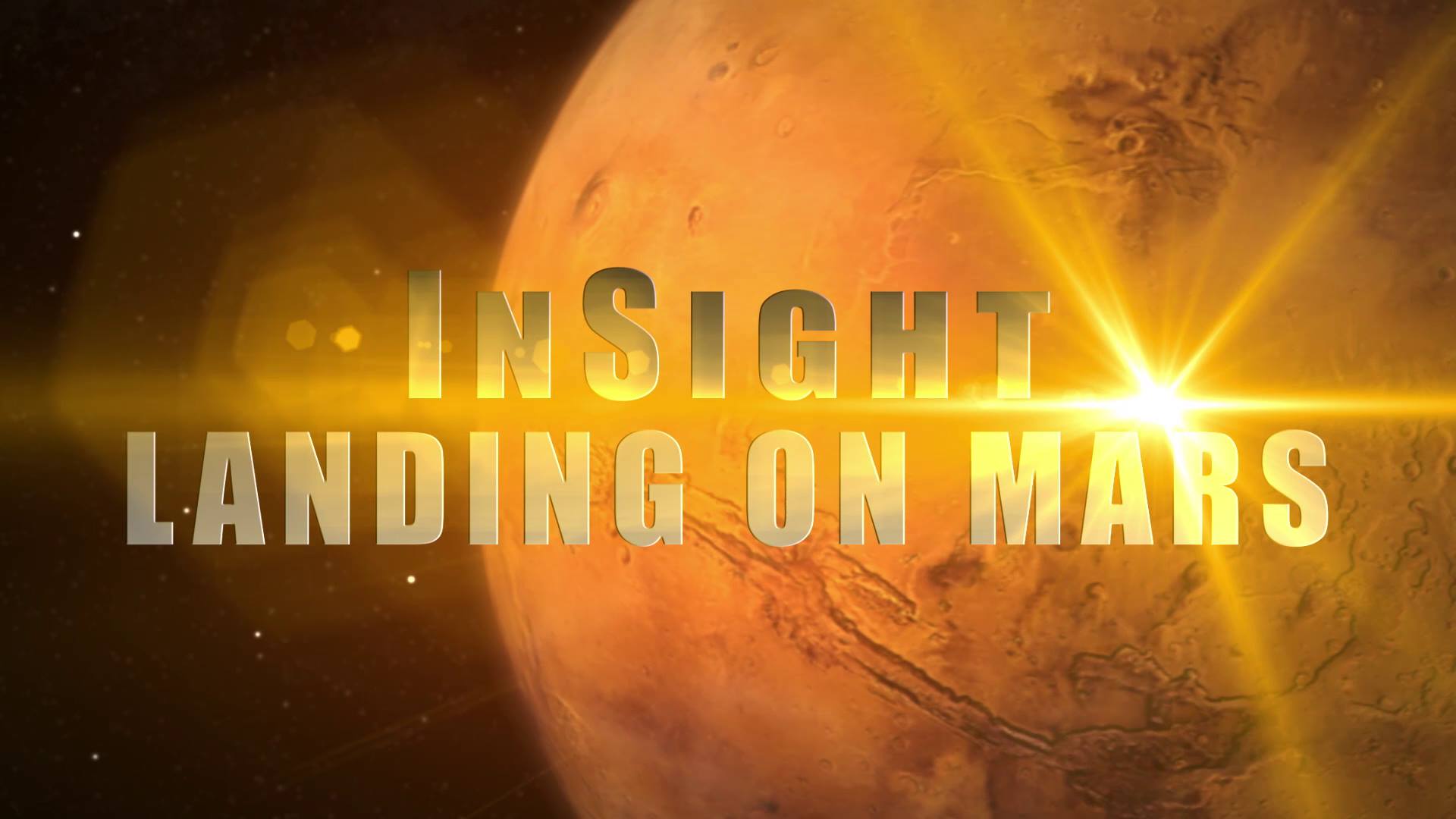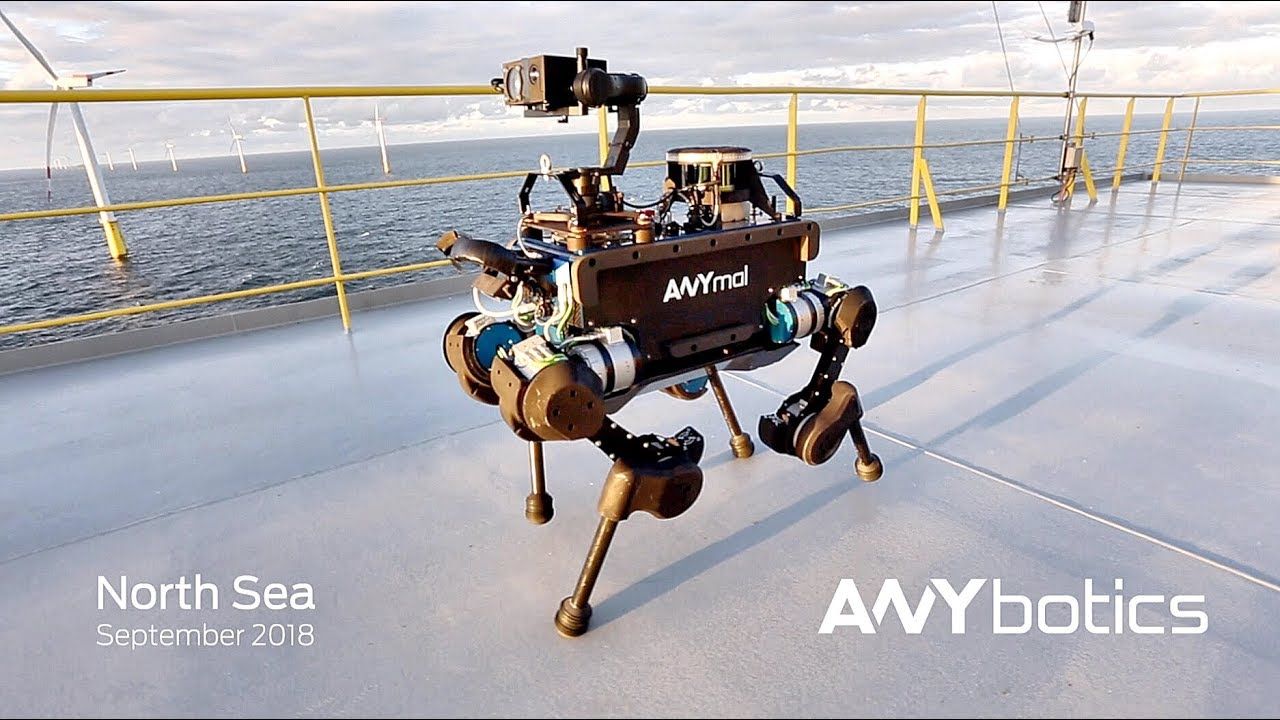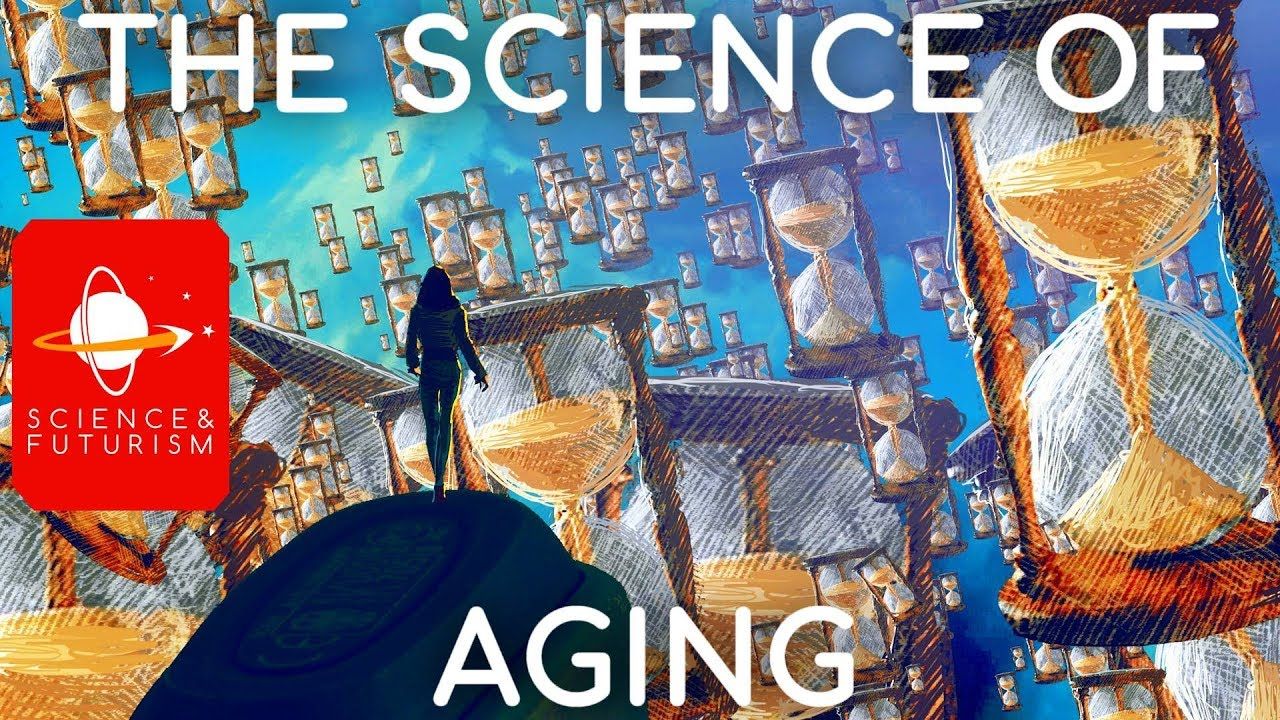
Over the past few months, I was part of a study funded by the United Launch Alliance and supported by a large group of technologists to determine if we can mine water on the Moon and turn it into rocket fuel, and to do it economically. The final report can be downloaded here.
Why Mine Water on the Moon?
The lunar water would be launched off the Moon and delivered to a “gas station” in Earth orbit. This propellant depot will use solar energy to turn the water into rocket fuel. Then, space tugs can refill their tanks so they can repeatedly boost spacecraft from Geosynchronous Transfer Orbit (GTO) (where the launch rocket throws them) into Geosynchronous Orbit (GEO) where they can begin operating.
Read more










